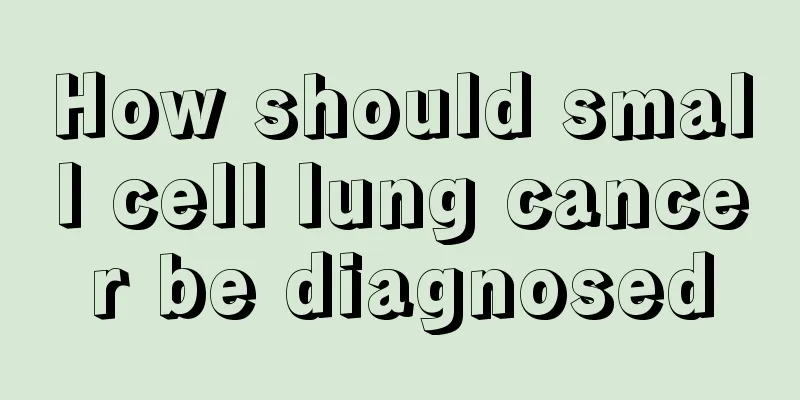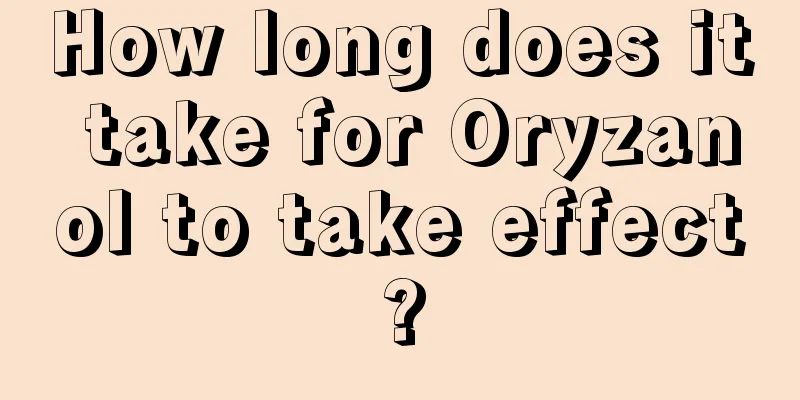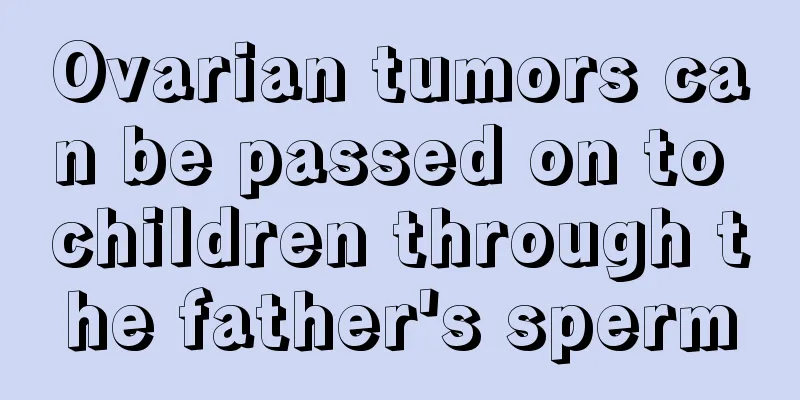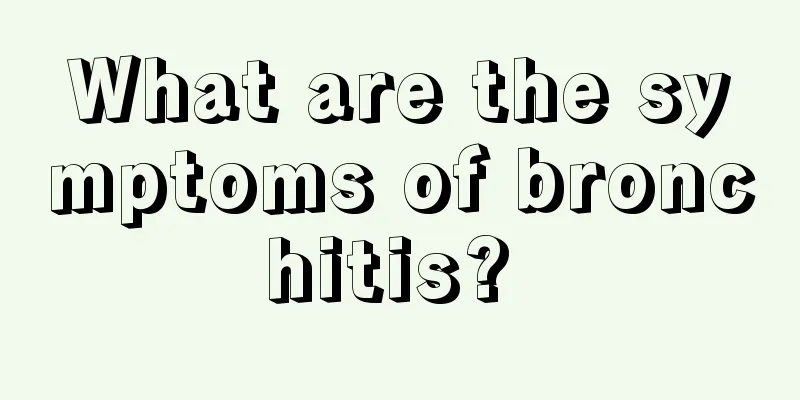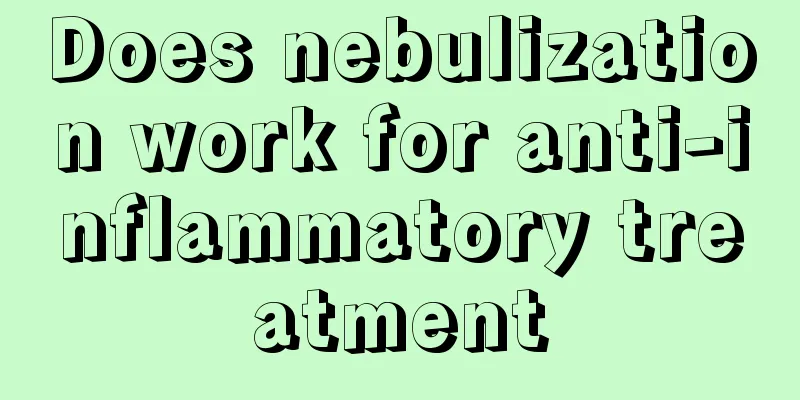Does atrial fibrillation have to be treated with medication?
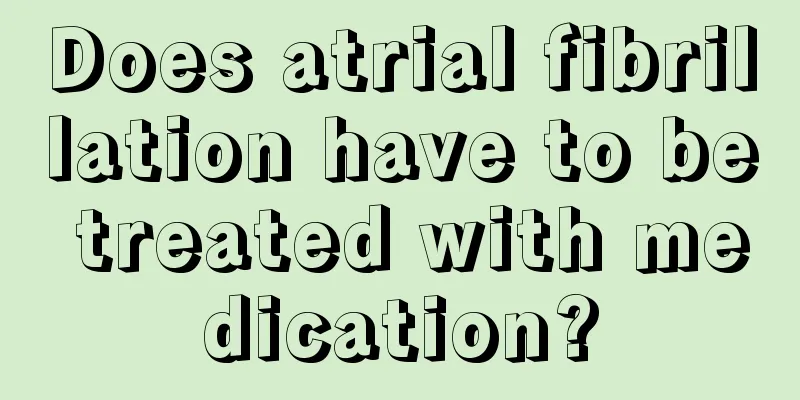
|
Atrial fibrillation is a professional term that most people may not understand. In fact, atrial fibrillation refers to a specific heart rhythm disorder in which the heartbeat frequency is different from that of normal people. There are many causes of atrial fibrillation, which is usually caused by some factors, but it can usually be treated with medication. What does atrial fibrillation mean? Atrial fibrillation is a technical term that specifies the location and nature of a specific arrhythmia (abnormal heartbeat). What is Atrial Fibrillation? This article explains what atrial fibrillation is and how it develops. If you are diagnosed with atrial fibrillation (AF), a variety of treatments are available to relieve symptoms and prevent serious complications. How to diagnose atrial fibrillation If you are diagnosed with atrial fibrillation for the first time, your doctor may recommend returning your atrial fibrillation to normal heart rhythm, a process called cardioversion. You may need to take blood thinners before cardioversion, especially if you have a problem with blood clots in your heart. After these problems are taken care of, your doctor may try to perform cardioversion with drugs or an electrical current. Sometimes, medication can effectively restore the heart rhythm to a normal range. Commonly used drugs include amiodarone, dofetilide, disopyramide, flecainide, propafenone, and ibutilide. Most of these drugs have side effects, so they should be used with caution in people with heart failure and other medical conditions. How to treat atrial fibrillation If drug therapy doesn't work, doctors may use electrical currents to "stimulate" the heart to stop atrial fibrillation and return the heart rhythm to a normal range. During this procedure, electrode paddles are placed on the patient's chest or chest and back. A high-energy electric current is sent between the two electrodes and travels through the body to the heart. The electrical current shocks the heart, stopping the atrial fibrillation and thus restoring the heart rhythm to a normal range. Regardless of the method used to perform cardioversion (drugs, electrical current, or a combination of the two), its success depends on how long it lasts and whether there are other abnormalities in the heart. If cardioversion is not effective, or if the heart rhythm cannot be kept within a normal range, medications may be used to control symptoms and prevent complications caused by atrial fibrillation. Many of the symptoms of atrial fibrillation are caused by a rapid heartbeat. There are three different types of drugs that can be used to slow the heart rate so that the heart doesn't have to beat so fast and the patient doesn't experience a range of uncomfortable symptoms. The three drugs are digoxin, beta-blockers, and calcium channel blockers. Antiarrhythmic drugs belong to the fourth category and are used to help keep the heart rate within a normal range after a successful cardioversion. |
<<: Do you really understand the symptoms of Helicobacter pylori?
>>: Do you have these symptoms of cerebral hemorrhage?
Recommend
How to treat oral lichen?
The occurrence of oral lichen requires attention ...
When does chayote bear fruit
Chayote is a green-colored It has high nutritiona...
Do I need to pop the big blisters after a burn?
Many friends know that the most direct phenomenon...
What are the types of lung cancer? There are three types
Many people know that lung cancer is cancer that ...
What are the symptoms of advanced lung cancer? 3 symptoms indicate that lung cancer has reached an advanced stage
In life, many patients are diagnosed with the dis...
How to make digestive bacteria yourself
Nitrifying bacteria are a type of chemotherapeuti...
Indications for prostate cancer surgery and chemotherapy
Prostate cancer is extremely harmful to men. How ...
What are the best treatments for lung cancer? Two major treatment options for lung cancer
Lung cancer means that the lung tissue of the hum...
Treatment of atrophic gastritis with traditional Chinese medicine
We know that stomach problems require long-term t...
Effects of Amino Acid Glucosamine
Everyone knows that there are many joints in the ...
What are the symptoms of coccygeal fasciitis
All diseases will have their own manifestations, ...
What is the standard for cure of small cell lung cancer
What is the standard for the cure of small cell l...
How long can an elderly person with bladder cancer live
How long can an elderly person live with bladder ...
Endometrial cancer likes these 6 types of women, you really have to be careful
If women suffer from diseases such as polycystic ...
Can eyebrows be plucked?
It is rare to see men plucking their eyebrows, bu...
